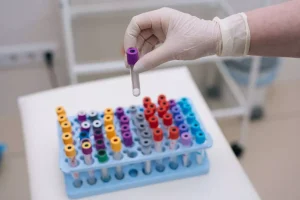
Our approach centers on treating people with the same kindness and respect that we value for ourselves. We understand mental health challenges firsthand and support your pursuit of well-being with compassion. Whether it’s connecting you with the right therapist or supporting you through difficult times, we embrace you as part of our community. They meticulously evaluate and review all medical content before publication to ensure it is medically accurate and aligned with current discussions and research developments in mental health. If you’re still feeling anxious after a few weeks, contact your GP surgery.
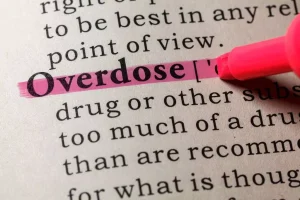
Follow us on social media
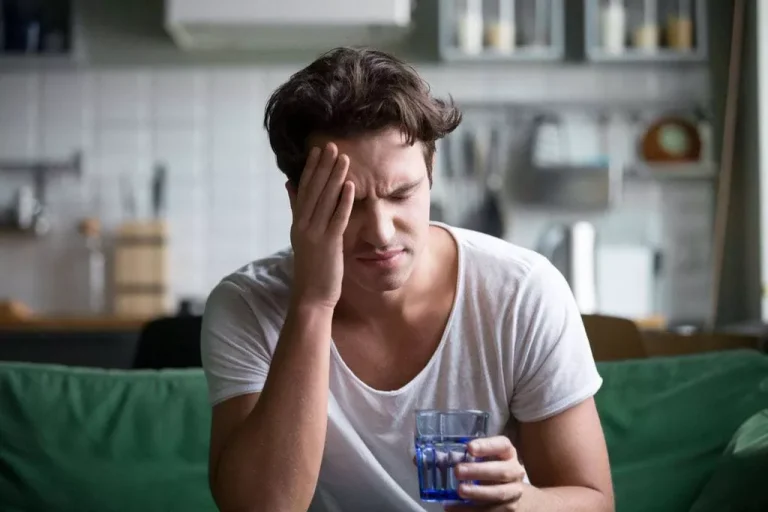
When you drink, do you couple this with eating pretzels, pizza or sweets? We tend to pair up our vices, and not only drink alcohol but also eat highly dense, problematic foods. Your body can have an uncomfortable sensation the next day as a result, which can feel like a nervous energy or anxiety. Like anxiety, a heart attack can also cause chest pain, heaviness, or discomfort. With a heart attack, pain may also occur in one or both arms, your back, shoulders, neck, jaw, or above your belly button. The relationship between anxiety and chest pain is a two-way street.
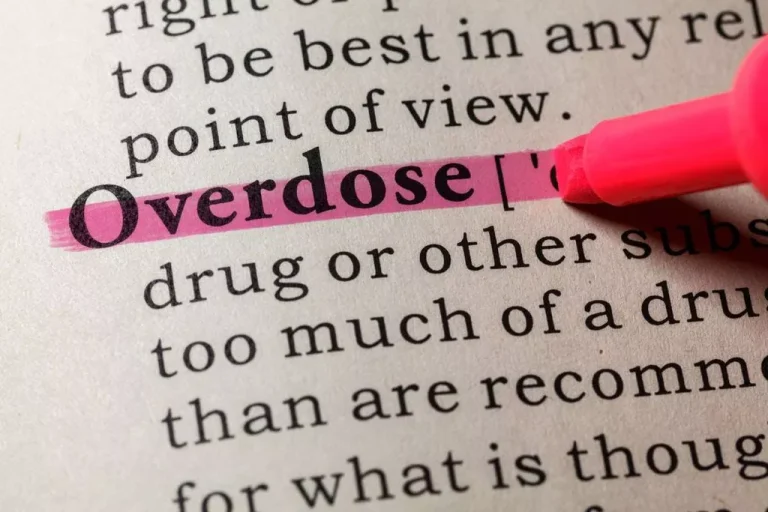
Can Alcohol Cause Anxiety for Days
Some may experience an onset of anxiety attacks shortly after consuming alcohol, while others may notice a sudden escalation of existing anxiety symptoms. Understanding the immediate impact of alcohol on anxiety is crucial for individuals navigating their mental health and making informed choices about alcohol consumption. Alcohol consumption can have immediate effects on anxiety levels, sometimes leading to anxiety attacks or heightened anxiety shortly after drinking. While alcohol may initially induce a sense of relaxation or euphoria, especially in social settings, its impact on brain chemistry can quickly turn detrimental for individuals prone to anxiety. Dehydration, disrupted sleep patterns, and fluctuations in blood sugar levels can also contribute to feelings of anxiety the day after drinking.
Setting a healthy daily routine
Several factors are to blame, one being your body’s network of blood vessels, which changes with age. Your doctor may refer you to therapy, outpatient alcohol addiction treatment, or residential rehab for alcohol addiction. Detoxing at a rehab or hospital may be a necessary first step; make sure you ask your doctor for their medical opinion.
How Alcohol Affects the Brain and Body
- This is because alcohol acts as a depressant on the central nervous system, altering brain chemistry and potentially triggering or intensifying feelings of anxiety.
- If you’re feeling overwhelmed by your anxiety disorder, there are other ways to seek help.
- It slows down processes in your brain and central nervous system, which can make you feel more relaxed in the short term – but these effects wear off quickly.
It should not be copied, disclosed or distributed without the authority of HCF. Except as required by law, HCF does not represent, warrant and/or guarantee that this communication is free from errors, virus, interception or interference. All reasonable efforts have been taken to ensure the accuracy of material contained on this website. It’s not intended that this website be comprehensive or render advice. Please check alcohol and anxiety with your health professional before making any dietary, medical or other health decisions as a result of reading this website. Separately, HCF members may have access to additional mental health support.
- Trembling, or tremors, occur in 30-50% of individuals with alcohol-induced anxiety disorder.
- Alcohol is believed to mimic this effect by also binding to GABA receptors.
- Paroxetine is often prescribed when other SSRIs are ineffective or when anxiety symptoms are more severe.
- For information about the terms governing the use of our website and how we handle data, please refer to our Terms of Use and Privacy Policy.
- Chronic illnesses, such as liver disease or cardiovascular conditions, can interact with alcohol use to worsen anxiety symptoms.
- Identifying what triggers an urge to drink can help you proactively avoid and prepare for these scenarios, including stress.
- Let’s explore the true effects of alcohol and how short- and long-term consequences can hide behind the guise of relaxation.
- However, this pattern of alcohol use can ultimately exacerbate anxiety and lead to the development of alcohol dependence or alcohol use disorder (AUD).
- Conversely, existing anxiety can lead to someone developing an alcohol addiction, especially if the person uses alcohol to cope with their feelings of anxiety.
- Some individuals may benefit from treatments such as medication or counseling.
- It doesn’t help anxiety in a satisfactory way, but does alcohol cause anxiety?
At Monument, our therapists are specialized in treating substance use disorders while addressing co-occuring conditions, like anxiety and depression. In online Substance abuse alcohol therapy, you can create a personalized treatment plan tailored to your needs and goals. Do you notice after a day of drinking that your anxiety symptoms feel worse? People who struggle with trauma and other mental health issues are more likely to abuse alcohol. There is a clear relationship between alcohol independence and mental health.
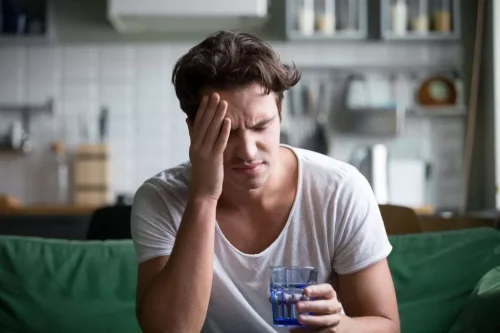
It is also important to check whether you feel able to take a break from alcohol and look out for the warning signs of a drinking problem. Self-medicating your panic attacks with drink can leave you psychologically dependent on alcohol because the short-term sedative effects can be addictive. If you are frequently experiencing panic attacks after drinking alcohol, it is important to take a look at your drinking. Checking if you are regularly consuming over the recommended weekly limit of 14 units is a good start. However, you may want to cut back completely if alcohol is impacting your mental well-being through regular panic attacks.